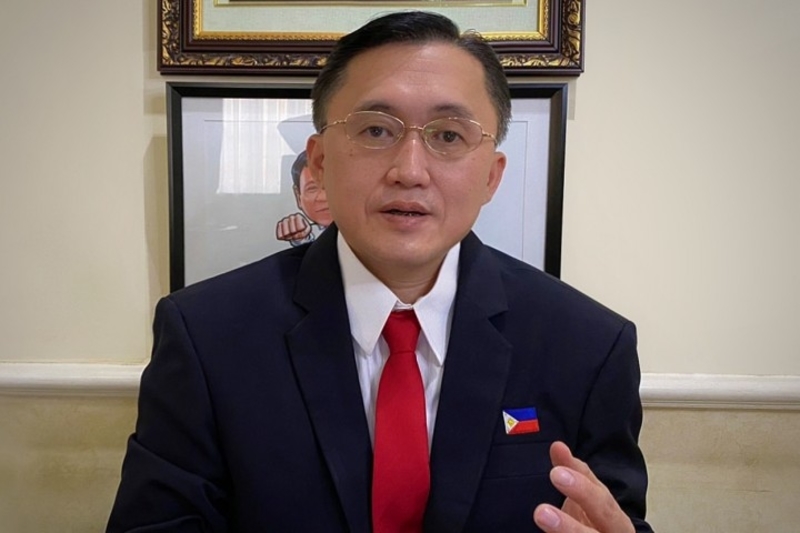
Philippine Senator Christopher Go is calling on the government and the private sector, particularly telecommunications companies, to work together to provide reliable internet connectivity so that Filipinos can easily transition to online modes of transactions.
According to a press release, the Senator reiterated the importance of fast and reliable internet to avoid face-to-face transactions amid the COVID-19 pandemic. For example, the transition to e-governance, students adapting to flexible or blended learning, and the public conducting online business transactions.
He lauded the Anti-Red Tape Authority’s latest directive, which will seek to accelerate the rollout of telecommunication infrastructure and service projects in the Philippines.
The Joint Memorandum Circular, currently being drafted by a joint task force composed of ARTA, the Department of the Interior and Local Government, and Department of Information and Communications Technology, aims to fast-track the construction of telecom towers.
By providing wider and more reliable access to the internet, Go believes educational institutions will have more flexibility to implement a blended learning approach that integrates both online and offline modes of learning for students in any part of the country.
The Department of Education and the Commission on Higher Education maintain there will be no regular face-to-face classes when the school year resumes on 24 August. Instead, all educational institutions shall resume remotely through online platforms, learning management systems, and take-home packets, among others.
The Senator also acknowledged the ongoing crisis has laid bare the need to digitise other transactions that used to be handled in person. The Senator, who has been pushing for the transition to e-government platforms, expressed his support for the President’s call to improve the accessibility, efficiency, and transparency of all government services through e-governance.
The President during his fifth State of the Nation Address that he aims for all government instrumentalities to implement systems that shall make physical queuing a thing of the past.
He noted that the country needs e-governance to provide citizens with the services they need from the comfort of their homes or workplaces. It will enable the bureaucracy to better transition into the ‘new normal’ and cut or minimise red tape.
Go filed Senate Bill No. 1738 or the E-Governance Act of 2020 which mandates the establishment of an integrated, interconnected, and interoperable internal government network. This network will allow all branches, agencies, instrumentalities, and offices of the national and local governments, including government-owned and controlled corporations, to share and communicate resources, information, and data.
In an age where almost everything can be done online and through other digital platforms, the government must harness the power of information and communications technology to better serve its purpose and bring the government closer to the people, Go added.
The proposed measure will likewise create online public service portals, an internal records management system, an email and communications network for internal and intra-government communications, and a national directory of information on Philippine citizens, among others.
“We need to evolve- businesses are already transitioning to e-commerce and online transactions. Our education system is also championing blended learning. It is important for the government as a whole to expedite its transition as well,” Go explained.
















